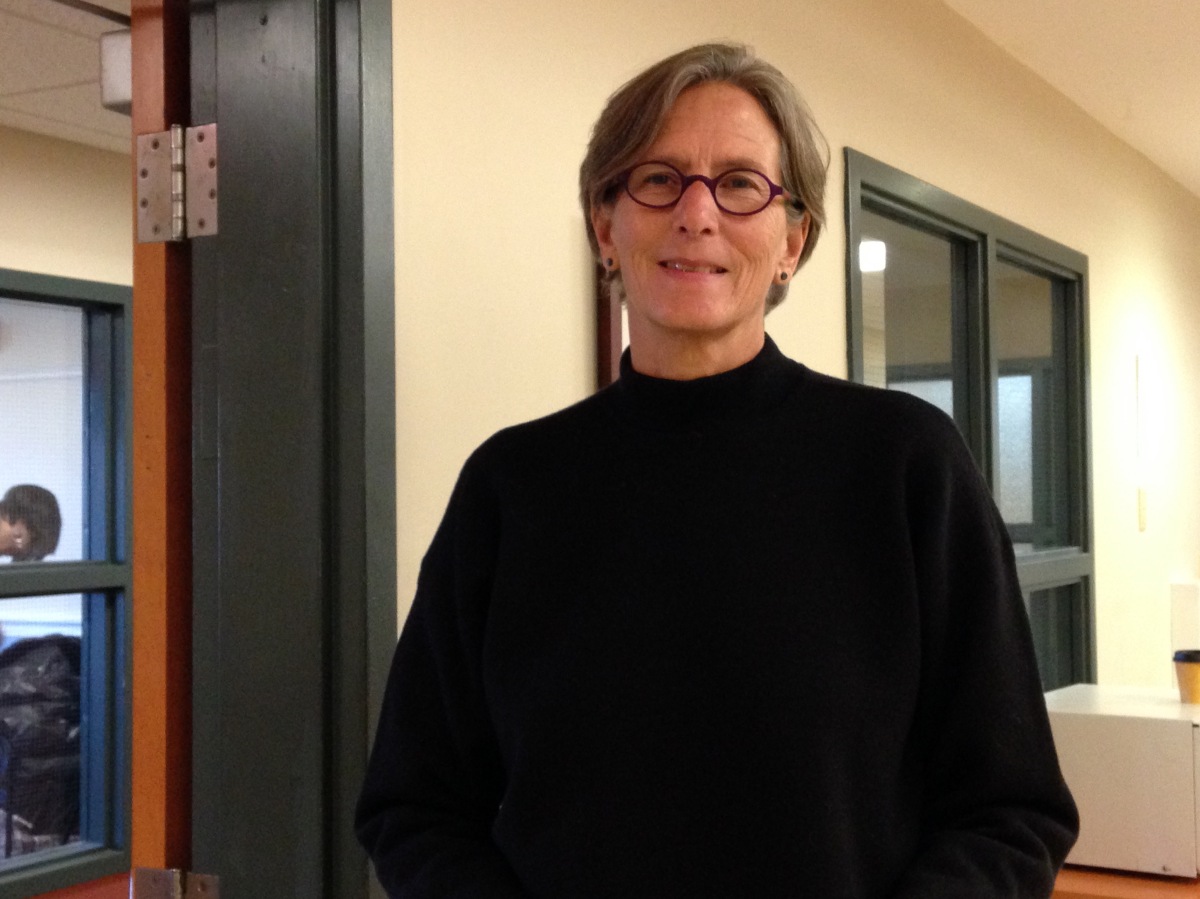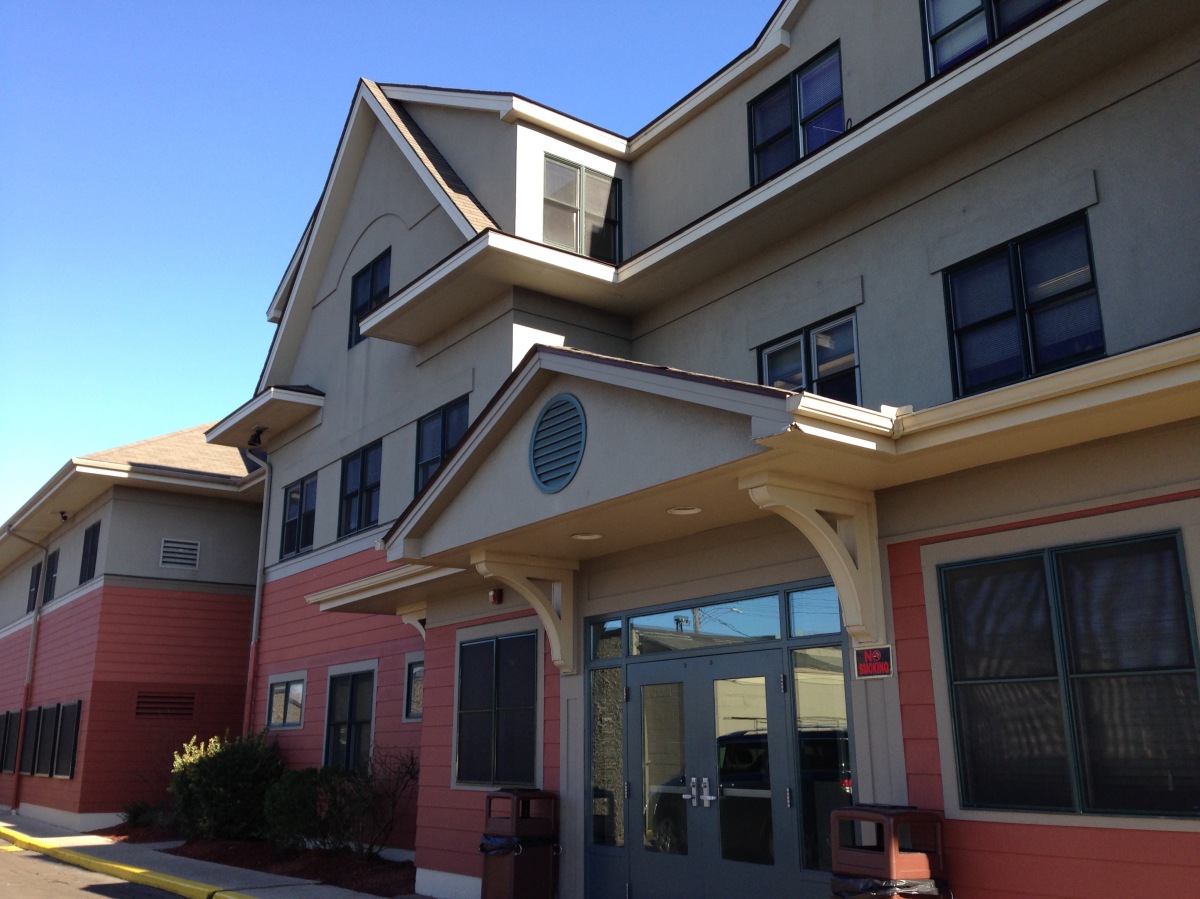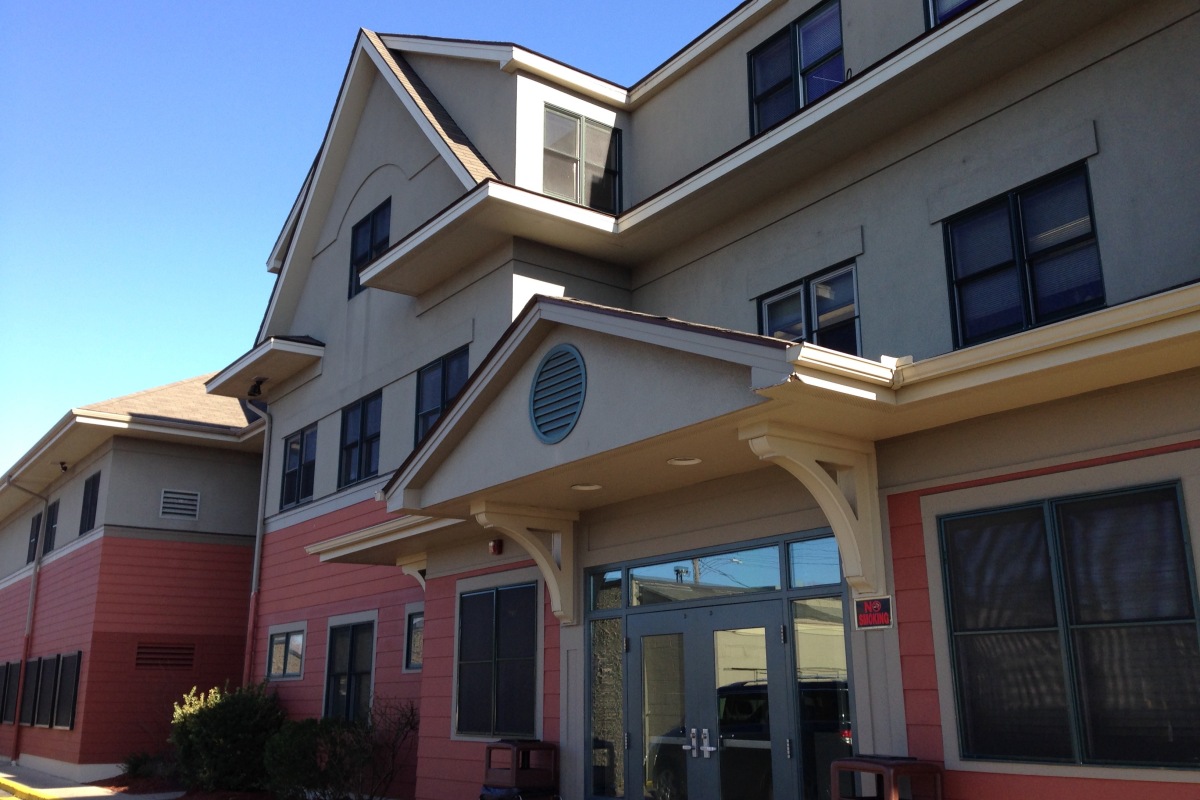The state of Connecticut is on track to end chronic homelessness by the end of the calendar year, according to homeless shelter directors.
“That’s the next big push that we’re under now,” Executive Director of the shelter Columbus House Alison Cunningham said. “Every day looking at the numbers, seeing where the gaps are, where do we need the resources to make sure we’re getting people out very quickly and housed?”

A person is considered chronically homeless if he or she lives with some sort of disability and has been consistently homeless for a year or has had multiple episodes of homelessness that equal 12 months, Cunningham said.
The state plans to eliminate chronic homelessness in a similar way to how the state ended homelessness among veterans: by having organizations and officials coordinate their efforts.
Connecticut became the second state to end homelessness among veterans, Gov. Dannel Malloy announced earlier last month, by developing ways for organizations across New Haven and the state to work together.
“This milestone is a major one – we have been a national leader on so many issues and today is yet another reflection,” Malloy said in a statement on Feb. 18. “We have a responsibility to take care of our veterans, to ensure that veterans have access to housing, quality health care, education, and career opportunities. We’re proud to have achieved this ambitious goal.”
Cunningham said she is proud her organization’s role in this achievement.
“We’re really excited about that,” she said. “It’s going to make a huge difference in the lives of these folks.”

But Cunningham said this does not mean veteran homelessness is eradicated forever.
“We’re not naïve enough to think that nobody will ever be homeless again, we know that it will happen,” she said. “But over the past two years, we’ve had massive restructuring of the systems that address the issue of homelessness, and there’s been a huge effort at coordinating our efforts in a way that makes a person’s homelessness a very brief amount of time.”
All of the homeless shelters and organizations in the state work together to make sure veterans find housing right away, Cunningham said. As soon as a veteran arrives at a shelter, Veterans Affairs is notified and the person is put in bridge housing, she said. Bridge housing is different from a shelter and is where people stay before they are put into permanent housing within 90 days.
“The system moves rapidly to get him into housing and along the way we’re beginning to address whatever issues there are,” she said. “But he’s going to be in housing, [have access to] the services attached and those services will continue to help the veteran deal with whatever it is, whether it’s income, security, employment, PTSD, mental health.”
John Bradley, the executive director of the homeless shelter Liberty Community Services in New Haven, said increased funding from the federal government, in particular the Department of Veterans Affairs also contributed to ending veteran homelessness.
“[The Department of Veterans Affairs] really kind of looked at what worked, made sure it was funding what worked and made sure that it increased the funding so that no veteran was homeless,” Bradley said. “And then the agencies and the communities were the ones who were responsible for the implementation of that.”
The state is receiving national praise for its work to end homelessness for veterans. First Lady Michelle Obama thanked Malloy for Connecticut’s work in a letter.
“As we discussed at the President’s State of the Union Address, I want to thank you and the people of Connecticut for your determined efforts on behalf of our military families,” Obama wrote. “I am so proud of your state’s commitment and resolve to reach this milestone, and I am grateful for all you have done for America’s heroes.”
However, Bradley said he sees an end to homelessness for all people in sight.
“I think the kind of promising thing about homelessness is that easily we have the ability to end it,” he said. “I do believe we have the tools. We need more funding and more coordination, but it’s definitely a problem that I think we can make significant improvement in.”
Julia Perkins is a senior journalism major at Quinnipiac University and is editor-in-chief of The Quinnipiac Chronicle. She is writing about poverty and income inequality this spring. She can be reached at julia.perkins@quinnipiac.edu.
